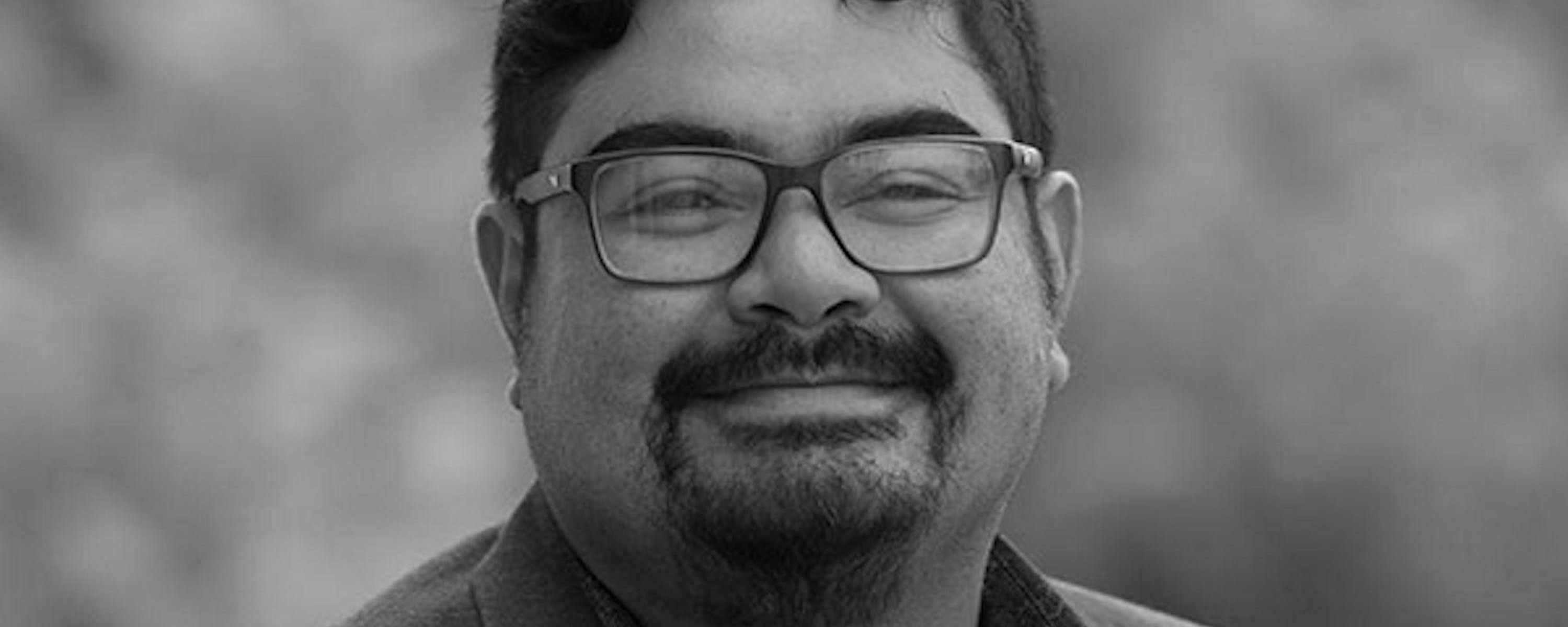Nayib Bukele’s presidency is playing out like a low-budget superhero cartoon developed in bureaucratic secrecy and clumsily broadcasted on television and social media. Washington’s patience is up with the circus in which he publicly declares war against the same gangs with whom he —represented by officials sanctioned by the U.S. Treasury— negotiated a truce to reduce homicides. The leaked audio in which one of his negotiators professes more loyalty to the Mara Salvatrucha than to his cabinet, and admits to aiding the transnational escape of one of the leaders, shows that the government does a poor job of keeping its double life a secret.
It’s a tragedy disguised as an epic tale, in which a deified president combats gangs while also dealing with them under the table. Unlike its Guatemalan and Honduran neighbors, the Salvadoran justice system has not heeded the U.S. extradition treaty. Bukele loyalists on the Supreme Court have protected the gang leaders by leaning on excuses ranging from reviewing the terms of the century-old agreement to a supposed fear that a U.S. court will sentence them to life in prison. These arguments reveal that the clamoring of Bukele-aligned legislators for the death penalty is nothing more than yet another trick in the authoritarian circus.
Biden is now weighing options in a tougher extradition strategy. Sources close to the deliberations told me the White House is considering whether to publicly demand that El Salvador turn them over, and to intensely lobby Congress to do the same. One source says that the extradition requests galvanize both Republicans and Democrats. Bukele has refused, the source asserts, mainly because “he is scared” that the gangs will find more to say about his government once in federal custody.
The gangs have drawn the attention of the entire U.S. government, from the Departments of State and Homeland Security to the FBI. When Secretary of State Antony Blinken called on Bukele in April to extradite some of the MS-13 leaders, the Salvadoran president unwittingly played into the U.S. hand. Foreign Minister Alexandra Hill responded by criticizing the U.S. stance: “Friends do not act that way.”
It appears that the Biden Administration has labeled Bukele as a potential collaborator with the gangs and, judging by proposed bipartisan legislation, as an adversary who could use Bitcoin to strengthen them. Congress is now weighing versions of a bill expected to address suspicions that the cryptocurrency could be used to launder money from terrorism and organized crime.
The next few weeks will be intense for the governments of the Northern Triangle, but especially for El Salvador. U.S. sources close to the extradition process have told me that the updating of the Engel List is in its final stage and includes the possibility of sanctioning Central American citizens with U.S. permanent residence. By late June or early July the State Department is expected to reveal the new names, adding to a list already including Bukele’s chief of cabinet.
Another source with knowledge of Biden's Central America strategy told me that Bukele's relationship with the gangs makes him an easy target. “Bukele is in an impossible position with the gangs,' the source argues. “On the one hand, he cannot fight them because that would increase homicides, but at the same time, the delay in extraditions makes him look like an accomplice. He will be more vulnerable when the Justice Department comes for him.”
Voices in the Biden Administration are calling for the U.S. president to confront Bukele publicly. Last week’s appointment of career diplomat Patrick Ventrell, who helped craft the Engel List, as interim Chargé d'Affaires of the U.S. Embassy shows that the next few days are crucial. The damage to the Salvadoran president and those close to him could be deep and long-lasting.

